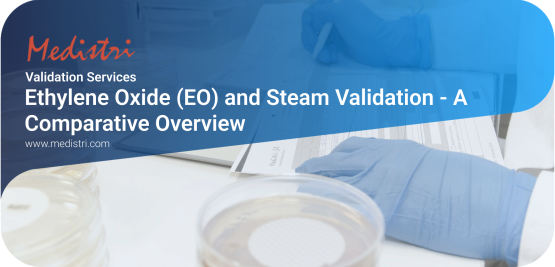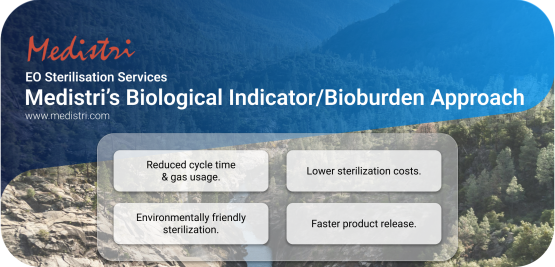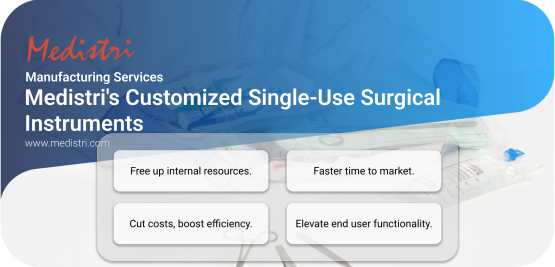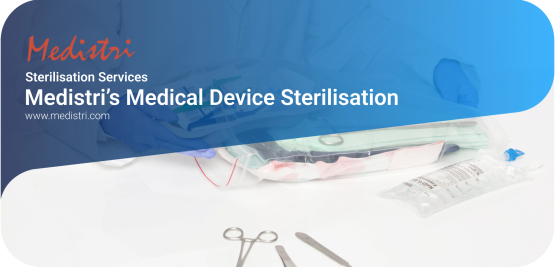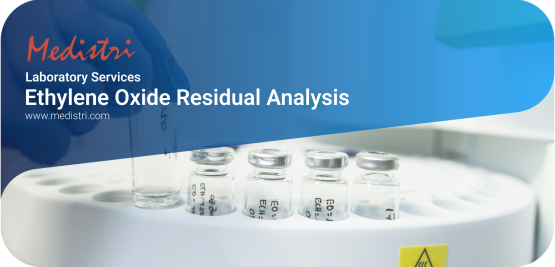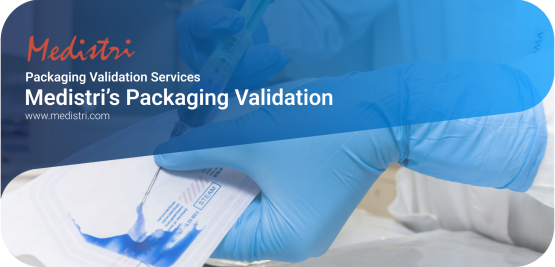Ethylene Oxide (EO) and Steam Validation - A Comparative Overview
Sterilization validation is the process of ensuring that a sterilization method consistently achieves the desired level of sterility, as defined by international standards. This involves validating each parameter of the sterilization cycle—temperature, time, pressure, and for EO, gas concentration and humidity—ensuring that the sterilization process is effective, reproducible, and compliant.
Medistri’s Biological Indicator/Bioburden Approach
At Medistri, we are committed to creating sustainable solutions by focusing on scalable innovation. We aim to drive progress through new technologies, financial structures, and renewable energy deployment. In addition to our gas treatment technology, we have invested resources to offer a smarter alternative to the traditional sterilization methods. One of our key innovations is the "Biological Indicator/Bioburden Approach," a more efficient and environmentally friendly alternative to conventional sterilization.
Medistri's Customized Single-Use Surgical Instruments
Created for start-up companies and early-stage products, Medistri's manufacturing team can offer primary, secondary, and tertiary packaging solutions that fit your strategic & regulatory requirements.
Medistri's Medical Device Sterilisation
Medical Devices Sterilisation is essential to prevent infections and protect patient health. Adhering to standards like ISO 11135 for EO sterilisation ensures rigorous validation and controls, guaranteeing sterility and maintaining the highest levels of safety and reliability.
Medistri at Pharmapack 2025
Medistri is attending Pharmapack 2025 in Paris, France from January 22 to 23, hosting a booth to cater client meetings, showcase its services and answer all questions.
Streamline Your Operations with MyMedistri
Imagine having the ability to streamline your operations, gain real-time visibility, and collaborate with your global teams—all from one intuitive platform. MyMedistri is that solution, built to save time, reduce errors, and give you complete control over your operations.
Ethylene Oxide Residual Analysis
Ensuring patient safety is paramount when sterilizing medical devices. Among sterilization methods, ethylene oxide (EO) is widely used due to its compatibility with a broad range of materials. However, residuals such as ethylene oxide, ethylene chlorohydrin (ECH), and ethylene glycol (EG) can remain on the devices post-sterilization. These residues must be minimized to prevent harm during product use.
Medistri’s Manufacturing Services
Created for start-up companies and early-stage products, Medistri's manufacturing team can offer primary, secondary, and tertiary packaging solutions that fit your strategic & regulatory requirements.
Medistri Recognized Among the Top 5 SMEs in Suisse Romande by SVC
A huge thank you to SVC Suisse Romande for organizing such a fantastic event. Your commitment to fostering innovation and excellence in the region is inspiring, and we are honored to have been a part of it.
Medistri's Packaging Validation
The validation of packaging stems from the need to ensure the quality of products across the many steps in your distribution cycle: from shipping to storage. It is indeed an increasingly common requirement for many product categories, including a strong emphasis on the packaging quality requirements for medical and pharmaceutical industries.

